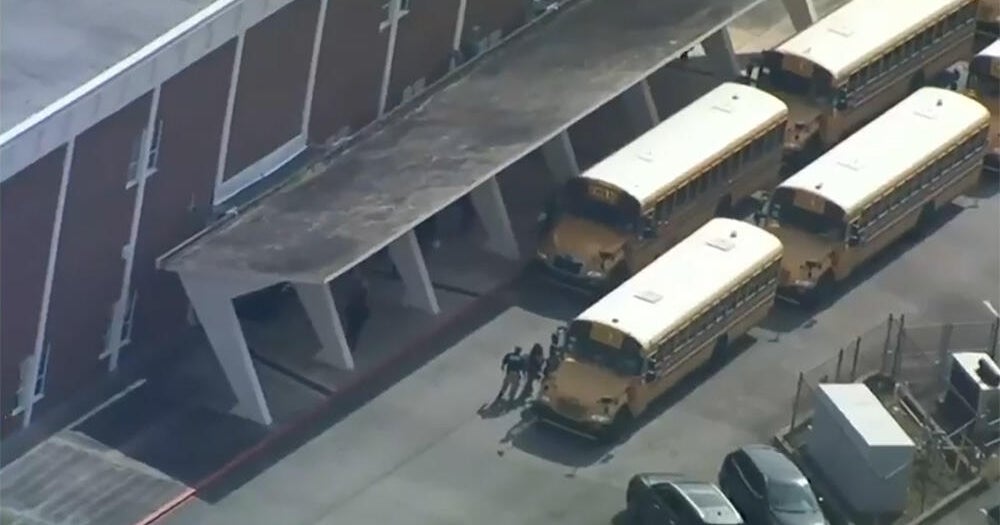Jail Or Bail? Courtroom Computers Now Helping Decide
NEW YORK (CBSNewYork) -- New Jersey is emerging as a pioneer in using computer algorithms to help make bail and jail decisions in courtrooms, though accused people facing charges should not expect to appeal before artificially intelligent "robot judges" any time soon.
Prompted by research showing non-violent defendants who can't afford to pay end up spending extra time behind bars, the Laura and John Arnold Foundation developed the Public Safety Assessment, or PSA.
The courtroom tool uses nine weighted factors, including a defendant's age, offense and priors, to aid in a judge's determination of a defendant's flight risk and chance of committing another offense.
The higher the score, the greater the risk. Previously, judges generally followed a bail schedule based on the nature of the offense.
"In many jurisdictions, money becomes a proxy for risk," said the foundation via a statement. "Those who can afford to make bail buy their way out of jail, while those who can't remain locked up... Clearly this system is broken. Money bail does not answer what should be the dispositive questions at the time of arraignment: Will the defendant, if released pending trial, show up for court on his or her designated date? And will he or she commit a crime if released during this period?"
Based on a study of 1.5 million cases from more than 300 jurisdictions, the collected data behind the courtroom tool is now in use in multiple states.







